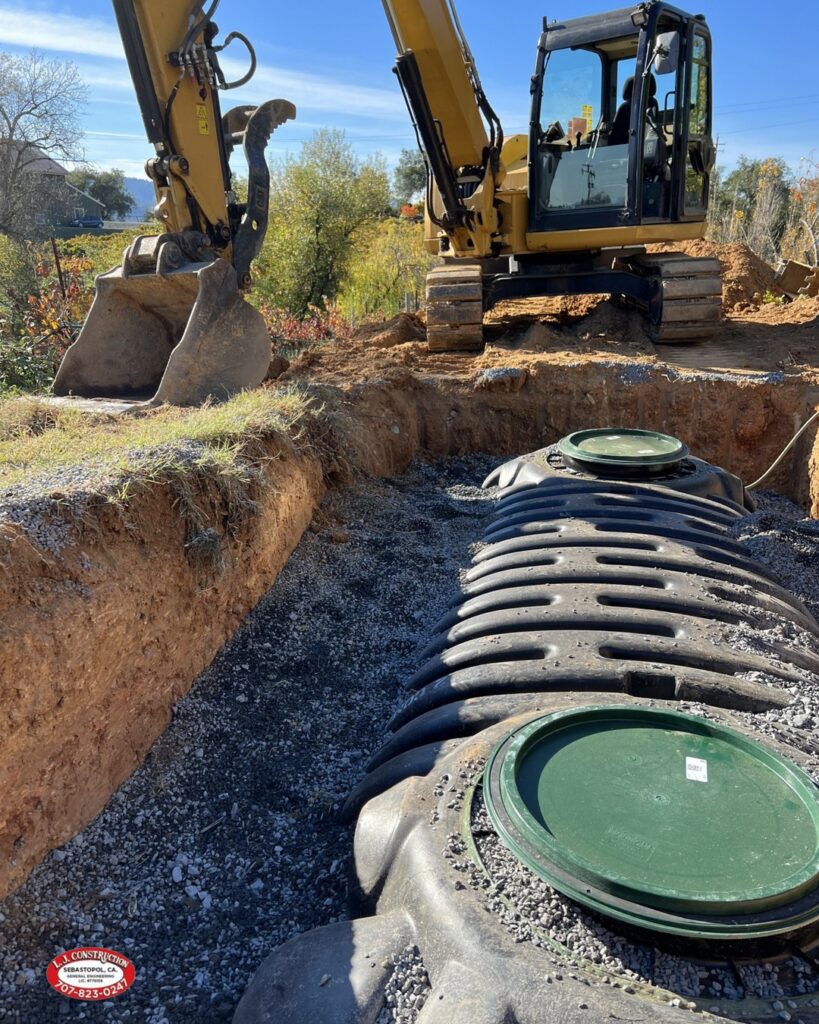The Pros and Cons of a Septic System
Your septic system is responsible for collecting wastewater from your home. It retains solid materials in household waste, removes pollutants, and releases treated effluent into the soil. A typical septic system has four main components – the primary drain line, the septic tank, the distribution box, and the drainfield.
How Does a Septic System Work?
The septic tank of a septic system is designed to contain wastewater from showers, toilets, sinks, and other plumbing fixtures. A septic tank is a watertight container buried underground. When sewage enters a septic tank, it is divided into three layers – floating scum layer, liquid layer, and sludge. As wastewater collects in the tank, its beneficial bacteria spring into action, breaking down waste.
Benefits of Septic Systems
Septic systems have been around for centuries and are still popular today. In many states, up to as much as 50 percent of homes have them. If you are looking for a waste treatment system for your home, a septic system may be the perfect fit.
Here are some benefits of septic systems.
Cost-effectiveness
Septic systems are inexpensive and also cost less to install than extensive sewer lines. They do not need frequent maintenance, so owners spend less on inspection and maintenance. A septic system can help reduce your water bill and sewer bill.
Environmental Friendliness
Septic tanks play an important role in protecting groundwater from contamination. A septic tank treats household wastewater before it is released into the soil. The recycled water is absorbed by nearby plants and can also be used for supplemental irrigation. Also, unlike sewage systems that rely on machines powered by electricity to break down waste, septic tanks use beneficial bacteria to process household waste.
Durability
Septic systems can easily last up to 15 years. However, with proper care and maintenance, some heavy-duty septic systems can last 30-40 years or even a lifetime.
Self-sufficiency
With a septic system, you will be self-sufficient when it comes to waste management. Septic system owners need not rely on their city’s sewage infrastructure and do not have to deal with sewage backups during power outages.
Drawbacks of Septic Systems
A septic system may not always be the perfect waste management solution. If you have too much on your plate and cannot take time out of your busy schedule for maintenance, you may want to consider other options.
Here are some disadvantages of septic systems.
They Require Land
A septic system needs a large area of land for installation and functioning. If you have a small lot, a septic system may not be the right choice for you.
Health Risks
A poorly maintained septic system may pose health risks. If not emptied regularly, harmful bacterial populations can grow inside your septic system. Harmful bacteria can contaminate groundwater, rendering it unfit for consumption.
L.J. Construction offers top-notch septic services in Napa County. Regardless of the type of septic system you have, our team can help you keep it healthy. To schedule septic maintenance in Napa County, call (707) 823-0247.
President / Owner, L J Construction
LJ Construction is a family owned and operated business that was founded in 1966. We provide full-service septic tank repair, installation and maintenance. With years of experience in commercial and residential projects, our goal is to find a solution to all of your system issues. We adhere to the highest industry standards.
Our reputation is built on our name and we are proud to say LJ Construction offers more than integrity alone, we offer effective results. LJ Construction is licensed and insured and we look forward to serving you!

